Ryan Garry interview: Former Arsenal player turned England U18 coach on connecting with the next Bukayo Saka | Football News
It is rare that one of his own players makes reference to Ryan Garry’s playing days but the England U18 coach is ready when they do. “I tell them I did many years ago,” he tells Sky Sports. “But they were born in 2004. That was the year that Arsenal did it.”
Garry is a quiz question answer, starting Arsenal’s 6-1 win over Southampton that would begin a sequence of 49 Premier League games unbeaten. He was one of only eight English outfield players to start a game during a run that would see them become Invincibles.
“I don’t class myself as that,” says Garry. “It is for the people who were doing twenty games on the run.” But there is still pride. “I don’t think it will ever happen again.” Frustration too, given that serious injury meant that one appearance would be his last for the club.
Almost two decades on and the 38-year-old coach can count himself as one of the more influential figures in English football, with responsibility for guiding this next generation. Would he be in this position had injury not curtailed his career in his twenties?
“It is a good question. I found myself sat injured for three seasons. I was watching games at Highbury, Champions League games, a lot of top-level football. I was observing and taking in some of the best football that was being played in Europe at the time.
“I feel incredibly fortunate, really, to have spent the amount of time there that I did. Joining at eight and leaving at 23, even though I did not play the games I would have liked because of injury, I was fortunate to have been educated in the right way on and off the pitch.”
The decision to pursue a coaching career came later, following another injury at Bournemouth. The journey gathered pace – almost immediately joining the first-team coaching setup at the club. But what is striking is the work that he did to get up to speed.
“I was very aware that I wanted to be the best coach I could be and the only way I was going to do that was not just by coaching at Bournemouth but by doing much more. I was coaching at the club’s centre of excellence and doing other bits wherever I could.
“I did half a season with Wimborne Town, they trained twice a week and played on a weekend. I was doing this while I was first-team coach and reserve-team manager at Bournemouth because I knew that I needed to improve my craft, ultimately.
“I did some coaching at Poole College. We used to train at a private school called Canford so I did sessions there with their schoolchildren too and it was really interesting. I did the private school kids and then the Poole College kids. The contrast was amazing.
“Some were there for the social aspect of it. Some were there because they just wanted to do it for fitness. Some actually wanted to improve. And then you had to cater to those who did not want to be there so it was about keeping everyone in the group engaged.
“At Poole, I was doing a small-sided game and the goalkeeper was smoking a cigarette while talking to his girlfriend. I suppose that was when coaching hooked me. These kids were the same age but from different backgrounds, different academic circles, and it fascinated me.”
By the time that Garry returned to Arsenal in the summer of 2013, still only 29 and at an age when many of his peers had only just started to think of pursuing a coaching career, he had these experiences behind him. A conversation with an Arsenal legend sticks in his mind.
“Liam Brady told me when I went back that he wanted me to help produce another Ryan Garry. He said, ‘You are in a good position because you have played for every age group, you have had successful times and difficult times, you have seen the full journey.'”
During his eight years working in various roles within Arsenal’s academy, Garry helped to bring through a number of players to the first team.
“It is a magical moment for that family. It is nice to see that. What you have to do then – and some people think this is harsh but I don’t think it is – is to say quite quickly, ‘Now go and get another 100 appearances.’ It is difficult but the game demands that.
“What I mean by that is that there is being a footballer at Arsenal – and I would put myself in that category – and being an Arsenal player, who played 20, 60, 100 times. So I say to them not to settle. Go again. The highlight is seeing those players who do go again.”
Bukayo Saka and Emile Smith Rowe, two of the country’s most promising talents, can already be put into that category. Garry helped to develop both. “I first saw Bukayo when he was 11,” he recalls. “Emile was two years above. Both are really good young men.”
That is, it seems, the recurring message during an engaging hour spent with Garry over lunch before he catches his next game at Leicester’s new training ground. His focus is on the person as much as the player – and that is what guides his philosophy.
“A lot of people talk about a playing philosophy but I think your coaching philosophy is more important,” he explains. “That is about your daily habits, your behaviours with your players and staff. That is more important, I think, I really do.
“If you see your interactions as only grass-based you are missing a lot of the picture, the fundamental foundations you need before even getting on the grass. It is about helping people but before you can help you have to connect with them.
“Coaching ultimately is about connecting.”
At Arsenal, there were many of those connections. He recalls a moment with Joe Willock. “He was reflecting on why he was not being picked by Unai Emery. Look at him now at Newcastle.” With England, the contact is less frequent and that is a challenge.
“The day-to-day work is very different. When not involved in the U18 programme or helping out with other age-groups, there is a big emphasis on club engagement. Travelling around, seeing players, speaking to staff. You certainly have to manage your diary.”
Garry often spends three to four days away from his wife and two sons in their London home, visiting clubs up and down the country. A recent trip to Fleetwood Town was productive – a reminder that England check in on players at various levels of the game.
“I have seen good players at every level,” he adds. “What we cannot do is just assume that all the best kids are in the so-called bigger academies. There are talented players up and down the pyramid. That is our strength in this country.
“It is always going to be a challenge working out how a player will develop. It is complex. For every Jude Bellingham, I remember seeing him at 12. Wow. At 15, he was in Birmingham’s team. Other players will need longer, they are more of a slow burn.
“Think about it. Asking an 18-year-old player to make their Premier League debut is like asking someone doing their A-levels to perform to a PhD level but that is the market place in the Premier League. It is not a normal dynamic but that is what is demanded.
“A lot of Arsenal’s best players were in the middle of the pack or towards the top, not necessarily the best in their age-group, which is quite a common theme. I am sure that Wayne Rooney was the best at 15. But there are so many changes that can happen.
“Maturation can have a big effect on a player between the age of 13 and 16. An early developer can get away with stuff until people catch them up and then it is, ‘Ooh, what happened that player.’ I think that is something you learn to expect with experience.
“The area of psychology is huge in any elite level sport. You have to embrace the fact that as a head coach you are going to be dealing with 20 individuals with their own unique way of seeing the world and their place in it. You cannot expect everyone to be the same.
“People often forget that a male brain properly forms at the age of 23. If you see a behaviour at 16 or even 20, think about what you are seeing and why you are seeing it before you act. There is a high probability that something else at play.
“It could be something at home, something at school, it could be a loss of confidence, they could be struggling socially. So much of that can have an impact and you have to work it out and you can only do that if you have a good enough relationship.”
It is a reminder of the all-encompassing role that a development coach takes on. Perhaps it is no coincidence that Steve Cooper left his role with the England U17 team and has since emerged as one of the brightest coaches in English football with Nottingham Forest.
Garry, who has his UEFA Pro Licence, has ambitions of his own in management. “One of the reasons why I left Arsenal and took this job is that I felt there would be lots of learning. I have a curious mind, I want to learn and I want to experience new things.”
But wherever that takes him next, some things will remain the same.
“Ultimately, it is about people,” he says.
“It does not matter whether it is the kids at Poole College, the adults at Wimborne Town playing in the Wessex Premier, the reserves at Bournemouth, the age-groups at Arsenal or the England U18s. It is still about people. Can you help them? Is the environment right?
“The principles remain.”
And that means putting in the extra work that others do not – much to his wife’s frustration. “It does wind her up when I am rewinding a game. ‘What are you doing, I thought this game had finished? You are on 70 minutes and the game finished an hour ago?’
“It is because I am just watching it again and again.”
And with that, there is another game waiting for him.
“It has been a good journey so far but the journey doesn’t stop.”

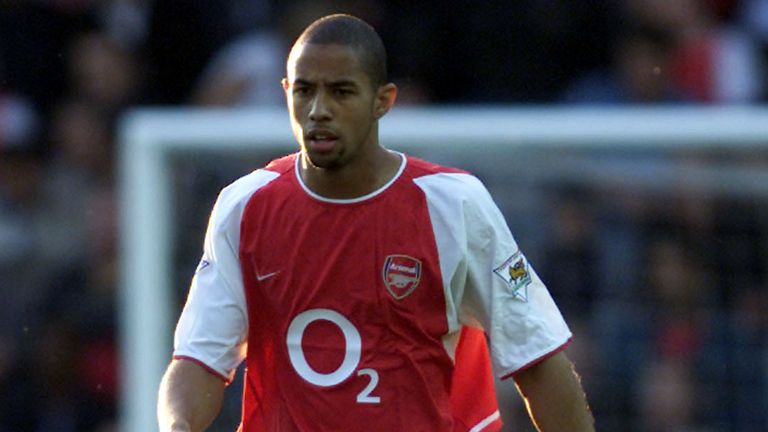
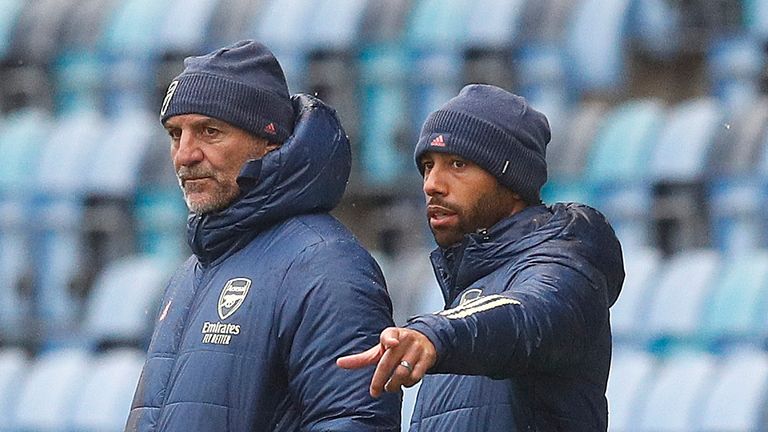
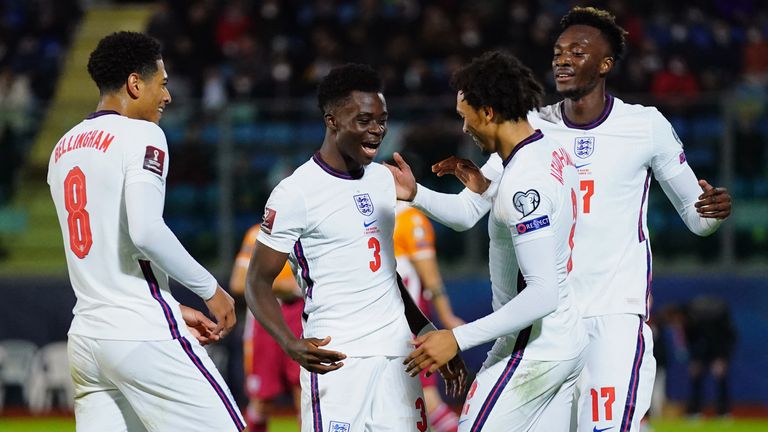
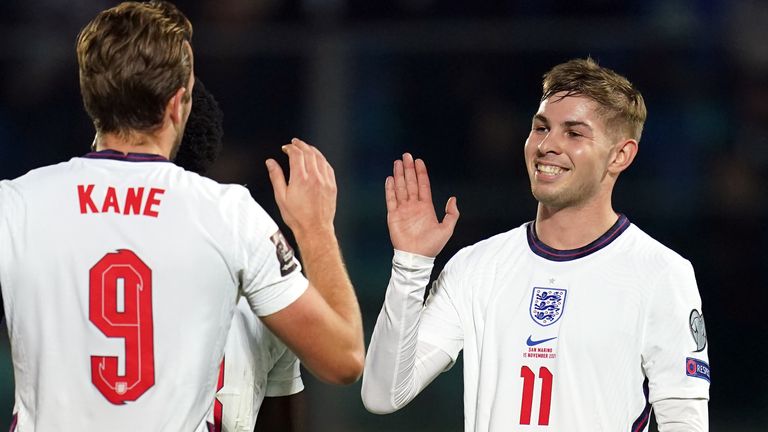
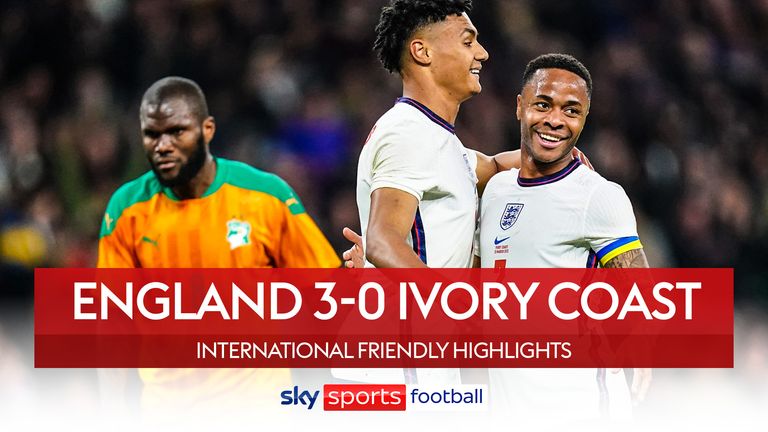
Pingback: 다시보기
Pingback: pringfield farm carts https://exotichousedispensary.com/product/springfield-farm-carts/
Pingback: สล็อตเว็บตรง
Pingback: check this
Pingback: here are the findings
Pingback: plinko